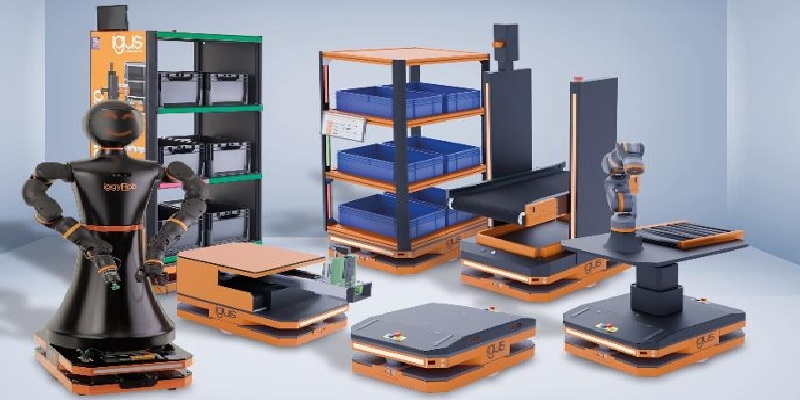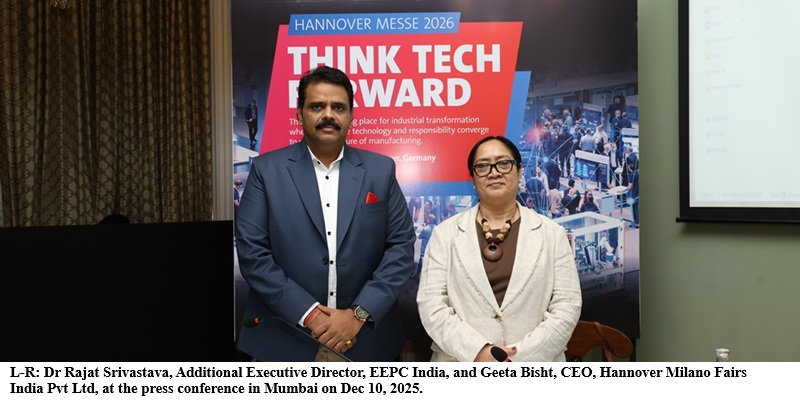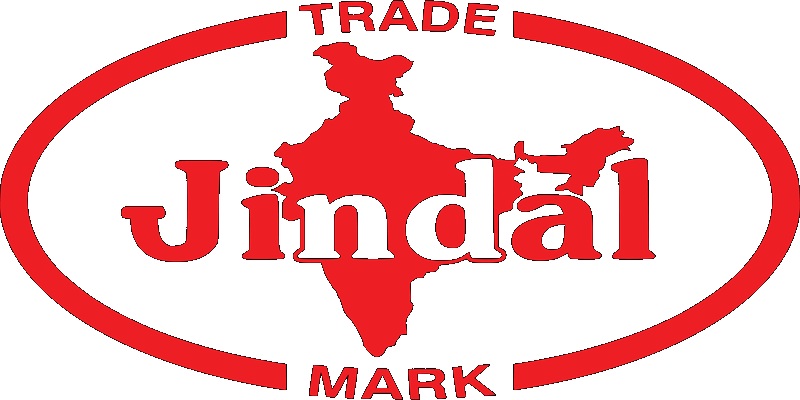Schedule a Call Back
Collaborative robots are doing wonders for manufacturers
 Industry News
Industry News- Nov 29,22

With more than 50,000 cobots sold globally, the Denmark-based Universal Robots is one of the leading players in the collaborative robot (cobot) space. Recently, the company introduced a 20-kg cobot, UR20, for handling heavier loads and faster cycle times. In this interview with Rakesh Rao, Sougandh K M, Country Manager of India, Universal Robots, elaborates on how cobots can make small & medium enterprises (SMEs) competitive in a global landscape without taking on undesirable risks.
How is Universal Robots equipping Indian industries in their path towards modernisation?
Universal Robots began their collaborative robot journey in 2008, with its initial collaborative robots designed to work alongside humans in industrial units keeping the safety of workers as a priority. In manufacturing, robotics is utilised for repetitive operations and to optimise the assembly workflow. Many industries have hazardous and time-consuming tasks that can endanger human workers. Material handling, picking, packaging, palletising, part transfer, machine loading, assembling, welding, painting, dispensing, and processing are all tasks performed by the cobots manufactured by Universal Robots.
What are the advantages of cobots over conventional robots? Which industries are driving the demand for cobots?
Cobots can perform a similar range of activities when compared to traditional industrial robots but are smaller and lighter. Cobots are more versatile and have a smaller footprint. One of the most significant differences between an industrial robot and a cobot is cost; even small and mid-sized enterprises with budget constraints can afford to deploy a cobot. They are versatile and adaptable, and help manufacturers save space thanks to their compact size. Cobots are simple to use and safe to use alongside humans without the need for additional settings such as fencing and caging. Automotive, manufacturing, electronics, aerospace, packaging, plastics, and healthcare are all industries that use cobots.
According to the International Federation of Robotics (IFR), the automotive industry is the largest adopter of industrial robots accounting for 28 per cent of total installations, ahead of electrical/electronics (24 per cent), metal and machinery (12 per cent), plastics and chemical products (5 per cent) and food and beverages (3 per cent).
Vehicle production offers the most industrial robot applications because there are so many types of processes involved from assembly and machine tending to part inspection and finishing. All of these tasks and more can successfully be performed by collaborative robot arms.
Adoption of robotics in India is very low (with high cost being a major hurdle). Can cobots help India gain a competitive edge in the global marketplace?
Industrial robots are large and bulky, and their deployment needs significant investment. Cobots can be an excellent alternative for lower-cost automation, particularly in countries with a high proportion of small businesses, such as India. Cobots are adaptable, versatile, and can operate around the clock. They are small in size and do not require additional investments in maintenance and training. Cobots are not only cost-effective, but they also boost the production unit's productivity and efficiency. These advanced robots also aid in waste reduction and have very low maintenance costs.
Cobots create tremendous advancements in industrial processes as they can be easily programmed by operators, adding flexibility to meet human problem-solving needs. They give SMEs the opportunity to grow in measured steps so that they can maintain competitiveness in a global landscape without taking on undesirable risks.
SMEs contribute majorly to India's manufacturing sector. How important will be the role of automation solutions like cobots to raising SMEs’ productivity? Do you have any use case to share?
SMEs are businesses with limited resources, particularly in terms of capital and space. As a proven, valued, and accessible tool for organisations to begin automating tasks while increasing workers’ efficiency, safety and well-being, collaborative robots (cobots) are doing wonders for manufacturers.
Automation has the potential to be a game changer for small and medium-sized organisations. Inefficient procedures can pose a significant danger to profitability for businesses with tight margins and labour shortages. SME automation, on the other hand, not only enhances manufacturing and industrial processes but also assists enterprises in redesigning them.
For instance, Shruti Engineers is a Micro Small and Medium Enterprise (MSME), based out of Pune. The 10-man company manufactures assembly components for automotive lines. Before installing a cobot, their production was limited. However, they have now been able to increase daily output by 75 per cent thanks to a cobot by Universal Robots - UR10. Shruti Engineers realised that cobots are affordable, easy to use and program, increase efficiency, and are safe to be used around the human workforce.
What are the emerging trends in the cobots space?
The advancement in technology has led to improvements in automation and robotics. Here are the emerging trends in the cobot space:
What are your growth plans for India?
Unfortunately, we are unable to disclose the growth plans in India. However, we are proud to share that Universal Robots has sold more than 50,000 cobots worldwide. We have built an ecosystem of 1,100 integrators, distributors and independent partners creating components, kits, and applications for cobots.
Recently, we have added an all-new 20kg industrial cobot to our leading portfolio. The new UR20 cobot is the next generation of UR cobot with an unprecedented 20kg payload. The UR20 is just the beginning for Universal Robots. This year, Universal Robots focuses on “Redefining Automation”, and we have been bringing the same innovative features to a new family of cobots.
Related Stories

ReBeLMove Pro: Modular robot platform for logistics, assembly and handling
It is based on a compact, rectangular transport robot on four wheels with an electric drive.
Read more
Hannover Messe 2026 to focus on automation & digitalization, adds Defense Area
At the upcoming Hannover Messe, AI will be a recurring theme throughout all the halls, and will play a central role on almost all stands.
Read more
Physical AI Emerges as the Operating System of the Modern Industrial Economy
Physical AI is transforming automation by merging robotics and generative AI to reshape productivity and unlock new industrial applications, shares Dijam Panigrahi, Co-founder and COO, GridRaster In..
Read moreRelated Products

Digital Colony Counter
Rising Sun Enterprises supplies digital colony counter.
Robotic Welding SPM
Primo Automation Systems Pvt. Ltd. manufactures, supplies and exports robotic welding SPM.

Heat Exchanger Scale Removal Compound -hesr-300
Hi There!
Now get regular updates from IPF Magazine on WhatsApp!
Click on link below, message us with a simple hi, and SAVE our number
You will have subscribed to our Industrial News on Whatsapp! Enjoy














